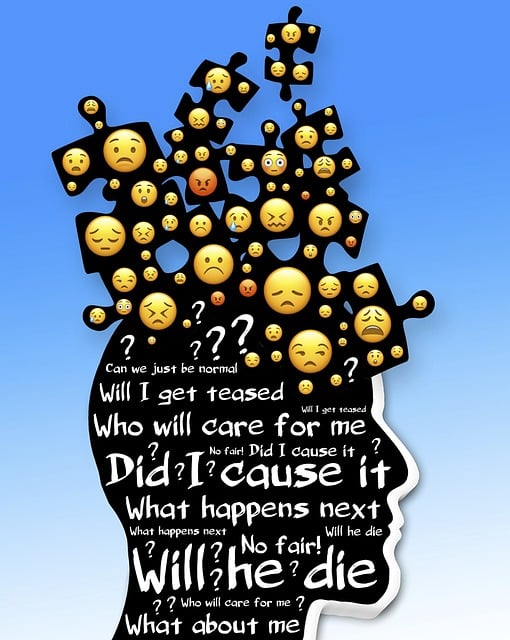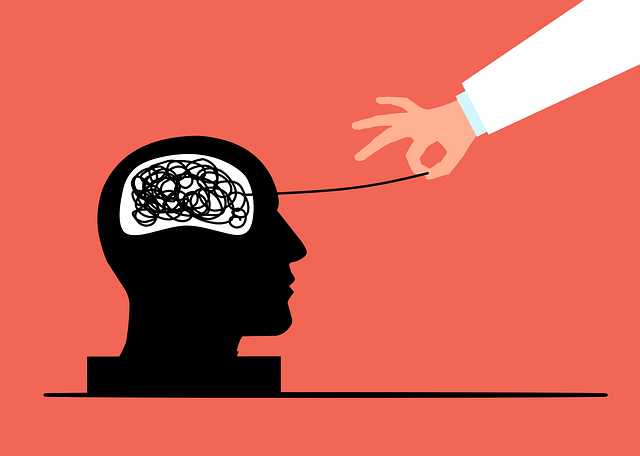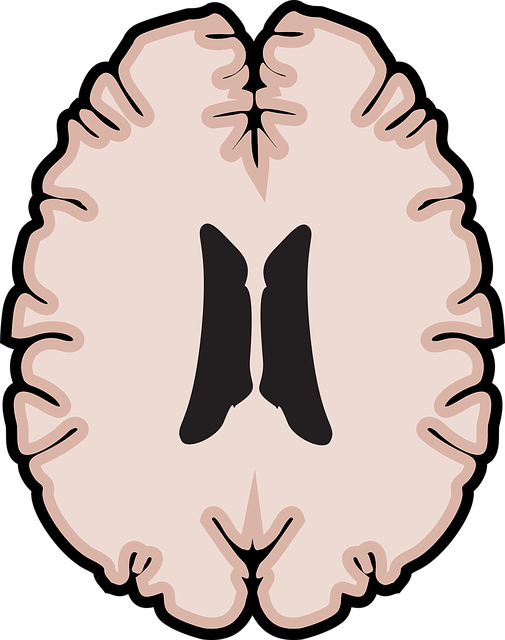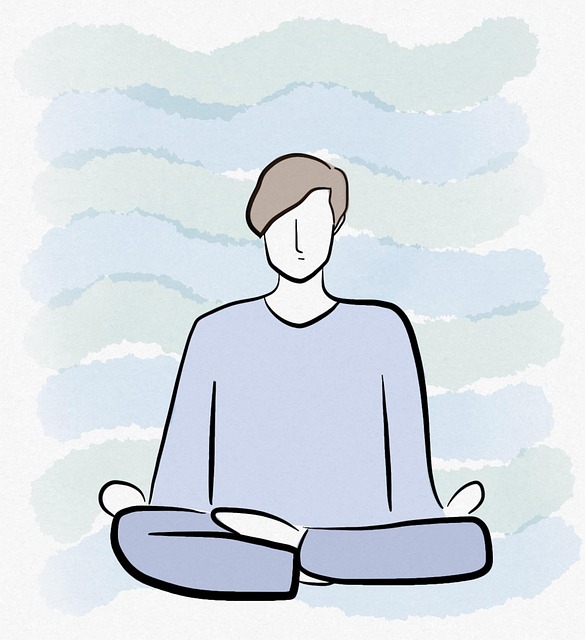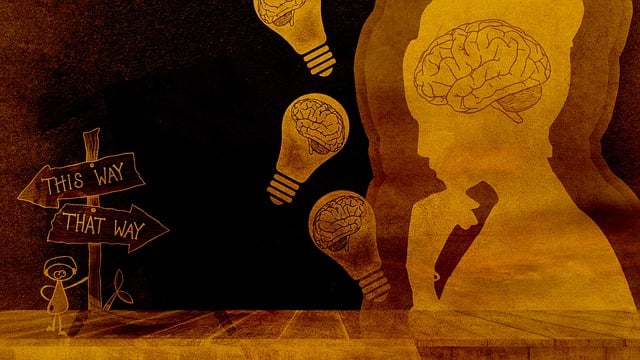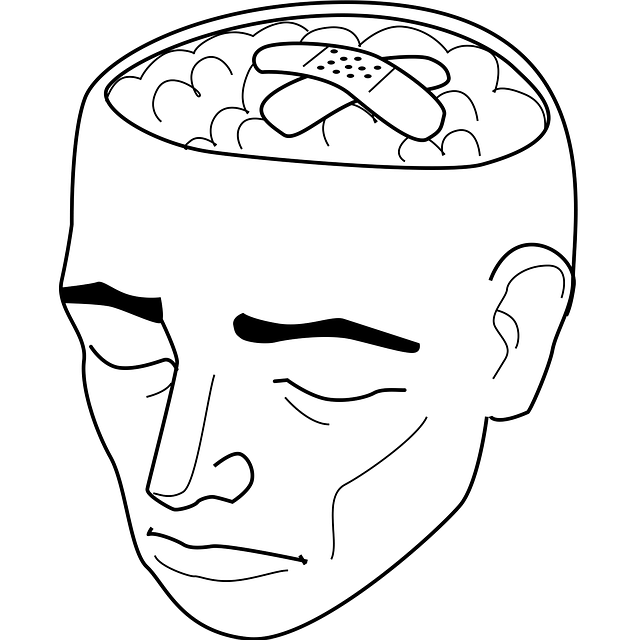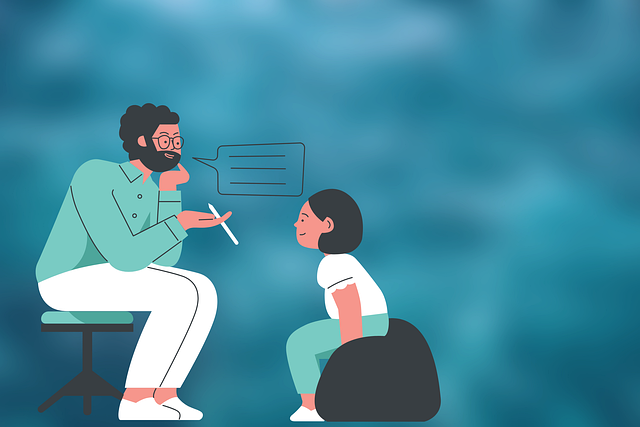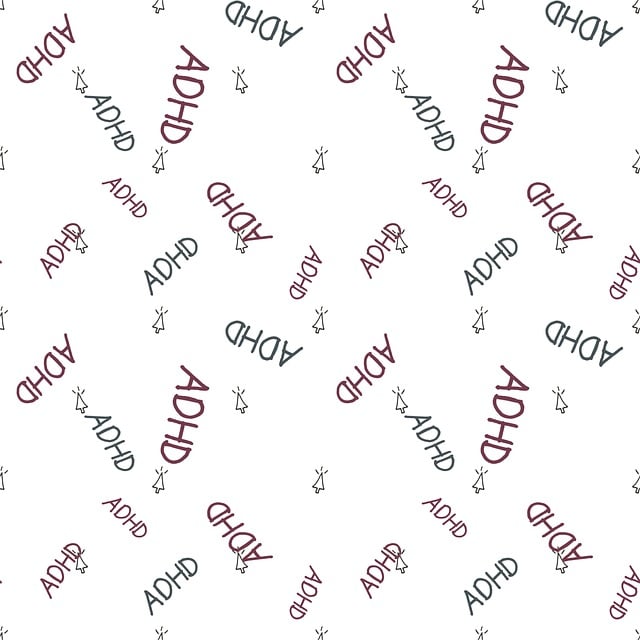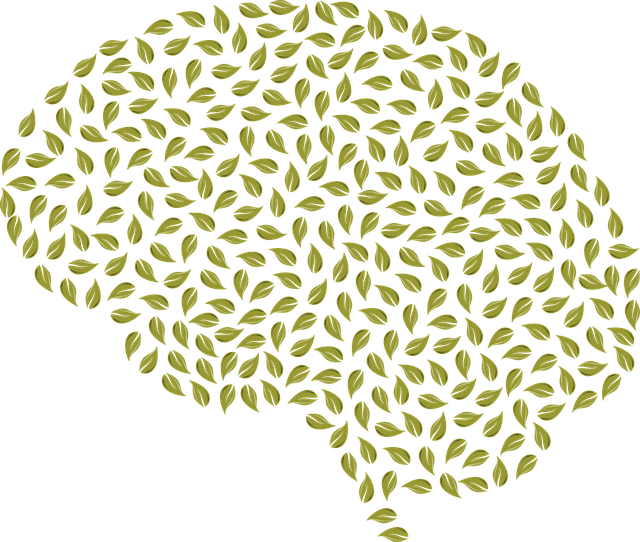Mental wellness groups in Colorado Springs, specializing in ADD-ADHD Therapy, create supportive communities where individuals share experiences and navigate their mental health journeys together. These groups foster connections, reduce stigma, and promote peer learning through open discussions, personal stories, and practical coping mechanisms. Facilitators encourage active participation while maintaining a safe, acceptance-driven environment, using empathy-building techniques and risk management planning to prevent professional burnout. Effective communication, interactive activities, and progress measurement are key components of successful group facilitation in Colorado Springs ADD-ADHD Therapy settings.
In Colorado Springs, where access to mental wellness resources is paramount, group facilitation plays a pivotal role in enhancing therapeutic outcomes. This article explores powerful techniques for facilitators leading mental wellness groups, focusing on strategies to create safe spaces and encourage active participation. From understanding group dynamics to implementing effective communication and measurement methods, these insights empower professionals, like those offering Colorado Springs ADD-ADHD Therapy, to optimize their practices and significantly impact client well-being.
- Understanding Mental Wellness Groups: Benefits and Dynamics
- Creating a Safe and Supportive Environment for Facilitation
- Effective Communication Strategies for Group Leaders
- Engagement Techniques to Foster Active Participation
- Measuring Progress: Assessment and Intervention in Group Settings
Understanding Mental Wellness Groups: Benefits and Dynamics

Mental wellness groups offer a unique and supportive environment where individuals with shared experiences can come together to navigate their mental health journeys. These groups provide a sense of community, fostering connections among members who may feel isolated due to their struggles. In Colorado Springs ADD-ADHD Therapy settings, for instance, group facilitation techniques have proven effective in creating safe spaces for participants to openly discuss challenges related to attention deficit hyperactivity disorder (ADHD). By sharing personal stories and strategies, members build empathy for one another, reducing the stigma associated with mental illness.
Dynamic interactions within these groups facilitate peer learning and support, encouraging active participation and self-reflection. Facilitators play a crucial role in guiding discussions, ensuring every member feels heard and valued. Moreover, group settings promote the exchange of practical coping mechanisms and empathy building strategies. Through regular meetings, members can develop a sense of belonging and enhance their overall mental wellness, all while contributing to broader mental illness stigma reduction efforts through increased public awareness campaigns development.
Creating a Safe and Supportive Environment for Facilitation

Creating a safe and supportive environment is paramount when facilitating mental wellness groups in Colorado Springs ADD-ADHD Therapy settings. It begins with establishing clear boundaries, ensuring confidentiality, and promoting an atmosphere free from judgment. Facilitators should encourage active participation while maintaining a non-threatening presence. Empathy building strategies play a crucial role; actively listening and validating each member’s experiences fosters trust and strengthens connections within the group.
Implementing effective risk management planning for mental health professionals is essential alongside self-care practices to prevent burnout. By creating a safe space, facilitators allow individuals to openly discuss challenges, share coping mechanisms, and offer mutual support, ultimately enhancing the therapeutic benefits of group sessions.
Effective Communication Strategies for Group Leaders

Effective communication is a cornerstone for successful group facilitation, especially when addressing mental health concerns like those often seen in Colorado Springs ADD-ADHD Therapy programs. Group leaders play a vital role in creating an inclusive and supportive environment where every member feels heard and understood. One key strategy is active listening—encouraging participants to express their thoughts and feelings without interruption. This not only fosters open dialogue but also demonstrates empathy, a crucial aspect of building trust within the group.
Additionally, leaders should employ clear and concise language when sharing information or providing feedback. Simplifying complex concepts related to mental wellness through accessible communication ensures everyone can grasp the ideas. Incorporating techniques like storytelling and analogies can make these sessions engaging and memorable, encouraging positive thinking and self-care practices—essential components of any well-designed Mental Health Education Programs.
Engagement Techniques to Foster Active Participation

In facilitating mental wellness groups, engaging participants actively is key to a successful and impactful session. One effective technique is incorporating interactive activities that promote open dialogue. For instance, starting with icebreakers helps create a safe, supportive environment where individuals feel comfortable sharing their experiences. These activities can be tailored to address specific themes, such as managing anxiety or cultivating emotional intelligence—a crucial aspect of Colorado Springs ADD-ADHD therapy, given the link between emotional regulation and focus.
Mind Over Matter principles emphasize the power of active participation in one’s healing journey. By engaging participants through discussions, group exercises, or even creative expressions, facilitators enable them to apply these principles hands-on. This approach not only enhances learning but also fosters a sense of community, where individuals support and inspire each other. Techniques like these are invaluable for managing symptoms of ADD/ADHD and improving overall mental wellness.
Measuring Progress: Assessment and Intervention in Group Settings

In Colorado Springs ADD-ADHD Therapy settings, measuring progress effectively is paramount to ensure that group facilitation techniques are achieving their intended outcomes. Assessment plays a crucial role in understanding individual and collective growth within therapeutic groups. Facilitators employ various tools tailored to specific needs, such as evaluating emotional intelligence and stress management skills, to gauge participants’ mental health education program design comprehension and personal development.
Regular interventions based on these assessments allow for real-time adjustments to the group dynamic. By incorporating strategies that promote active listening, open communication, and empathy, facilitators create an environment conducive to emotional expression and learning. This iterative process fosters a supportive atmosphere where members can grow, gain insights into their mental health, and develop practical tools for managing challenges, ultimately enhancing overall wellness in Colorado Springs ADD-ADHD Therapy groups.
Mental wellness group facilitation plays a pivotal role in fostering collective support and enhancing individual growth. By understanding the unique dynamics of these groups, creating safe spaces, employing strategic communication, encouraging active participation, and continually assessing progress, facilitators can effectively navigate the journey towards mental well-being. Techniques discussed here, including those tailored for Colorado Springs ADD-ADHD Therapy, offer valuable tools to help individuals thrive in a supportive community setting.
